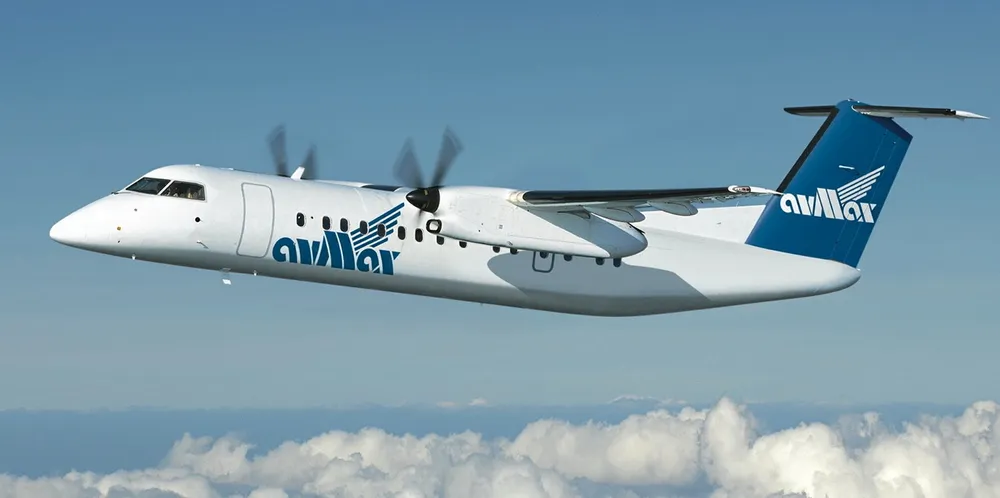Timing is key | Green hydrogen could 'supply 32% of aviation energy demand by 2050'
H2’s penetration into aviation fuel market depends on swift deployment — and enormous amounts of renewable energy, says Energy Transition Commission

Hydrogen fuel could carve out a 32% share of the aviation market by 2050, but only if it enters the fray by 2035 — and it would require astonishing amounts of new renewable energy capacity, according to a new study by climate think-tank Energy Transition Commission (ETC).
In any scenario, SAFs will take the lion’s share of the aviation market, the ETC says, taking 65%-85% depending on how quickly other viable fuels become commercially available.
SAFs are the popular decarbonisation choice for airlines because they are so-called “drop-in fuels”, meaning that they can be burnt in an existing aircraft engine with little need to upgrade, prolonging the longevity of their existing assets. They are also energy dense, so can fuel long-haul flights.
Power-to-liquid
E-fuels, a type of SAF, could also contribute to hydrogen demand. Also known as power-to-liquids technology, e-fuels are made by mixing green hydrogen with captured carbon to produce a compound similar to the fossil kerosene, Jet A-1, that currently dominates the aviation fuel market.
But this would require an astronomic ramp up of renewable energy generation — 250-450TWh more of it by 2030. To illustrate the scale of this challenge, 450TWh is more than the entire 2021 renewable energy generation of Spain, Germany and the UK combined.
And 160 million tonnes of demand by 2050 would require 2TW of electrolyser capacity and 4TW of extra renewables capacity — more than double the entire global installed capacity of wind and solar in 2021.
Hydrogen’s market share in aviation is also dependent on how aircraft design evolves to accommodate decarbonised fuels, the ETC adds.
Demand is also increasing for the conversion of small regional aircraft to run on green hydrogen. This week, Canadian aircraft operator Avmax Aircraft Leasing placed a firm order with Californian aircraft engineer Universal Hydrogen, to convert 20 of its turboprop planes, which fly regional routes within Canada.
Even so, this week the UK government released its so-called “Jet Zero” strategy, in which it outlined plans to introduce a mandatory 10% mix of SAFs in aircraft fuel by 2030 — a plan that was described as “outrageous greenwash” by prominent UK Green Party MP, Caroline Lucas.
(Copyright)